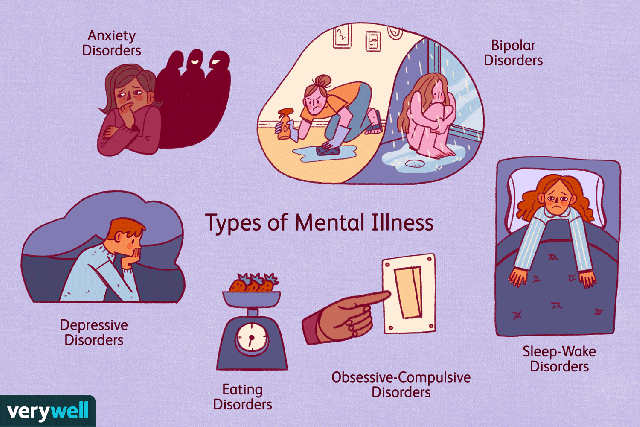Our organism is also dependent on the forces of heredity. This makes for disharmony in any life. Man is born on the one side into these forces of heredity. His physical and etheric body inherit the qualities that can be passed down through the generations. This hereditary stream is, of course, bound to have some measure of external connection with the karma our soul has set itself. For as it comes down from the spiritual world our soul is attracted to the kind of parents through whom it can inherit those qualities that come closest to our requirements. They never, however, entirely correspond, for in the body this cannot be so. There is always a certain discrepancy between the forces of heredity and what the soul brings with it from the past. Now it all depends on whether the soul is strong enough to overcome all the obstacles in the line of heredity, and is capable of re-forming the organism during the course of a lifetime, so that it overcomes what does not suit it. People vary a great deal in this respect. Some souls have acquired great strength in the course of previous incarnations. A soul of this nature has to incarnate in the most suitable body possible, though it will not be absolutely suitable. Yet this soul might be strong enough more or less to overcome everything not suited to it, though this is not necessarily always the case. Let us follow this up in detail by looking at the brain.
To be continued
Source: Rudolf Steiner – GA 107 – THE BEING OF MAN AND HIS FUTURE EVOLUTION – VI. Illness and Karma – Berlin, 26th January 1909
Translated by Pauline Wehrle

By David Newbatt


